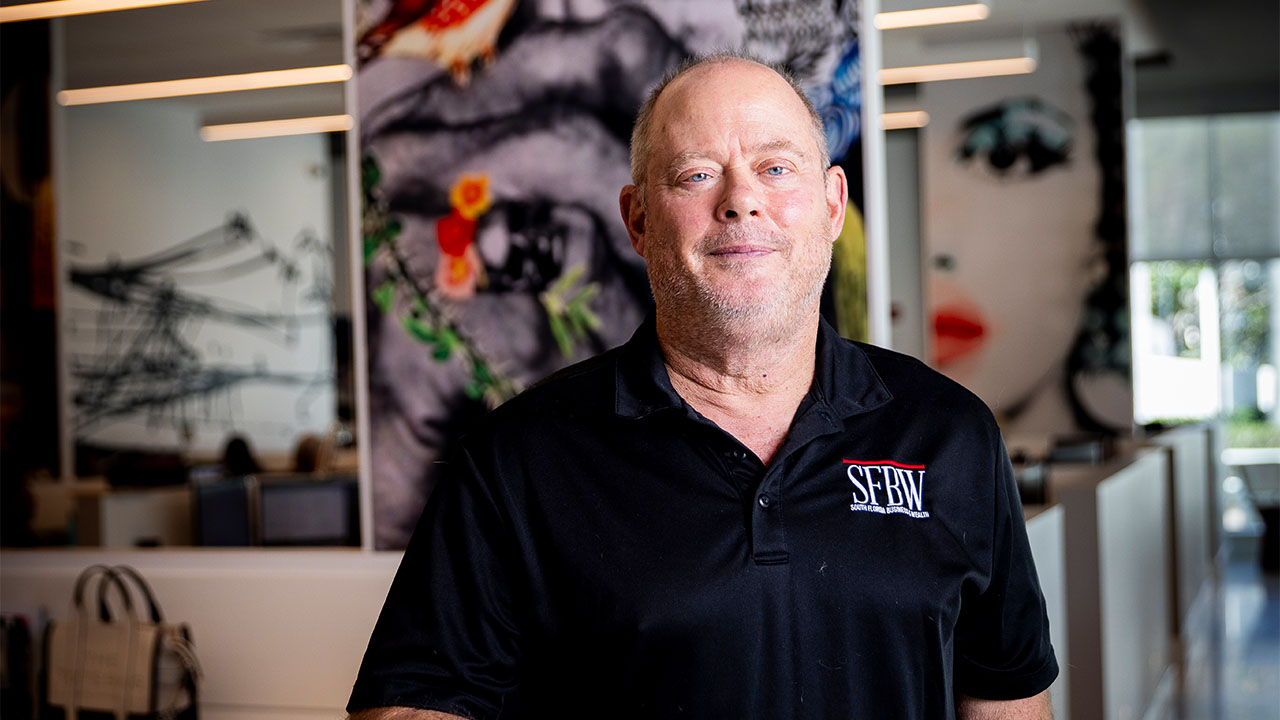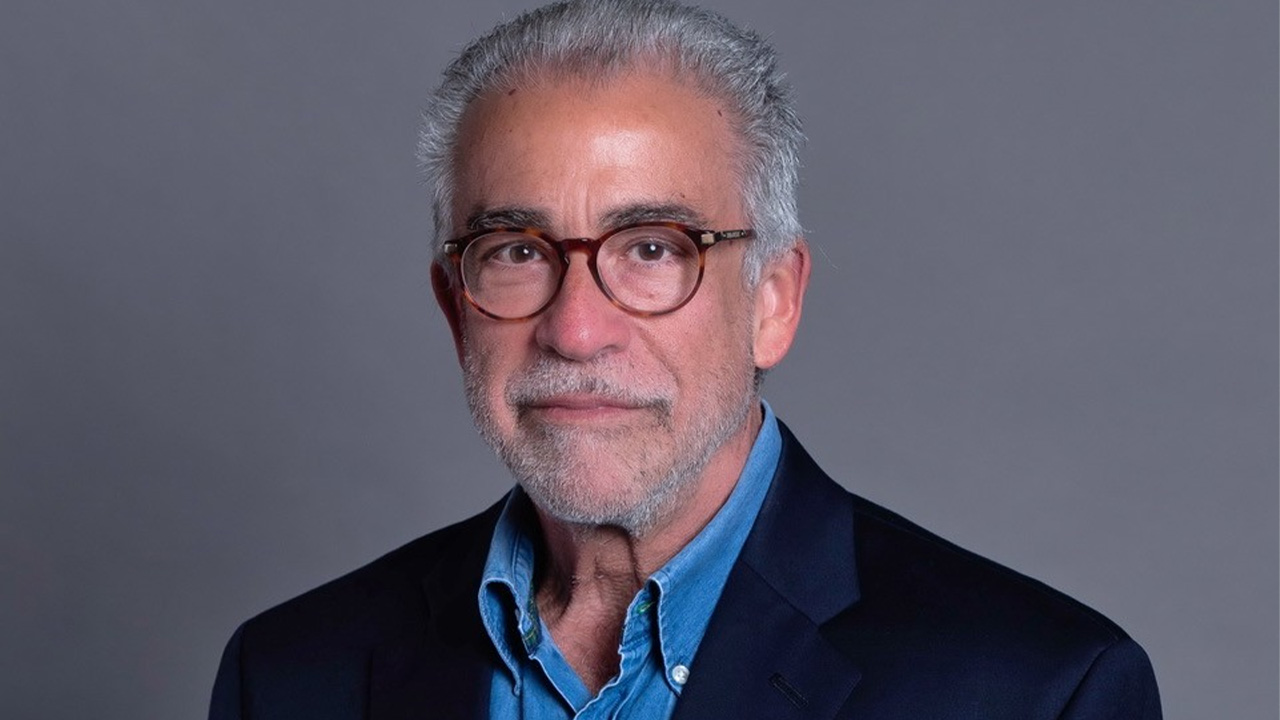Dear Mr. Berko: In January 2015, I invested $200,000 in Chinese stocks listed on the New York Stock Exchange. The Chinese stock market was as hot as a firecracker, and people I know were making big money quickly. Needless to say, it didn’t work out for me. I bought 41 stocks, and my original $200,000 investment is now worth $127,000. Could you please look over my portfolio and tell me what to sell and what to keep? — GL, Kankakee, Ill.
Dear GL: Most Chinese IPOs are generating unexpected losses for investors. The route has discouraged many Chinese firms from going public in the U.S. and listing their shares on the New York Stock Exchange. Last year, 17 Chinese firms debuted on the Big Board. Accordingly, 11 of those firms are trading below their initial public offering prices, with half of them plunging within a month of their listing. For example, your Qudian (QD-$12.30) — a $1.5 billion-revenue outfit that, with its subsidiaries, runs online consumer finance platforms for the People’s Republic of China — has been a bust. QD lends small sums of cash plus merchandise credits that have retail value. QD, among China’s largest IPOs, raised $900 million when it came public at $35 a share last October. It now trades 60 percent lower. Your money’s gone.
QD and numerous other Chinese stocks are paper tigers. China uses accounting systems from the Middle Ages. Chinese concepts of return on investment, net profit margins, operating margins, shareholders’ equity, gross profits, depreciation, return on total capital, free cash flow et al. are ludicrous. Few American companies could survive using Chinese production and management concepts, wherein most production is purchased by the government or government cooperatives, below product costs, and then retailed at lower prices to China’s citizens. Why in the name of all that is good and wonderful would one care to own stock in a Chinese company that reports its financial statements in renminbi and is guided by a menagerie of feckless Chinese securities laws that would cause the NYSE members, most members of Congress and our Securities and Exchange Commission to implode in laughter? Chinese tax laws, Chinese labor laws and Chinese bookkeeping are a farce. I want my numbers to be explained in English — not in one of the 200-plus Chinese dialects, which are Greek to me.
Chinese managers are accustomed to bribery; they expect it and they get it. Chinese companies have little care about what a product costs to make, because the government subsidizes solar panels, paint, tires, electronic games, appliances, auto production and raw materials and controls interest rates. There’s no transparency, and financial data are incomplete and often inaccurate. There are frequent reports of company suppliers being owned and controlled by current management in order to milk and maximize personal profits. And there are numerous commodity bubbles in the Chinese economy, purposefully created by the government and purposefully ignored by the government. And if just one of those bubbles were to burst, it could easily damage our global economy. Bribery is not only expected in China but also demanded; it’s a national pastime.
China Zenix Auto International (ZX-$1.42) was $5.35 a share in 2016. ReneSola (SOL-$2.60) was recently $5.20 a share. China New Borun (BORN-$1.51) traded last year at $4.70. Yingli Green Energy Holding Co. (YGE-$1.97) was $66 a few years ago. Chinese bonds are in a mad scramble, and Chinese exchange-traded funds seem to have increased their volatility. Many Chinese companies that lack integrity are being asked to leave the U.S. market.
I don’t know much about your 41 Chinese stocks, which include China Cord Blood, China Hydroelectric, Zuoan Fashion Ltd., WuXi AppTec, E-House Holdings and Nam Tai Property. They’re not covered by Morningstar, Value Line, BTIG Research, Tigress Financial Partners, Nomura Securities, GF Securities, Ping An Securities, Haitong Securities or Guosen Securities.
You are down about $73,000 from your $200,000 investment in Chinese stocks in January 2015. That’s not good! I recommend that you take this portfolio to the China desk at Bank of America Merrill Lynch, because there’s no flaming way in paradise that I could analyze all that crap and give you a knowledgeable response.
Please address your financial questions to Malcolm Berko, P.O. Box 8303, Largo, FL 33775, or email him at mjberko@yahoo.com. To find out more about Malcolm Berko and read features by other Creators Syndicate writers and cartoonists, visit the Creators Syndicate website at www.creators.com.
COPYRIGHT 2018 CREATORS.COM
















